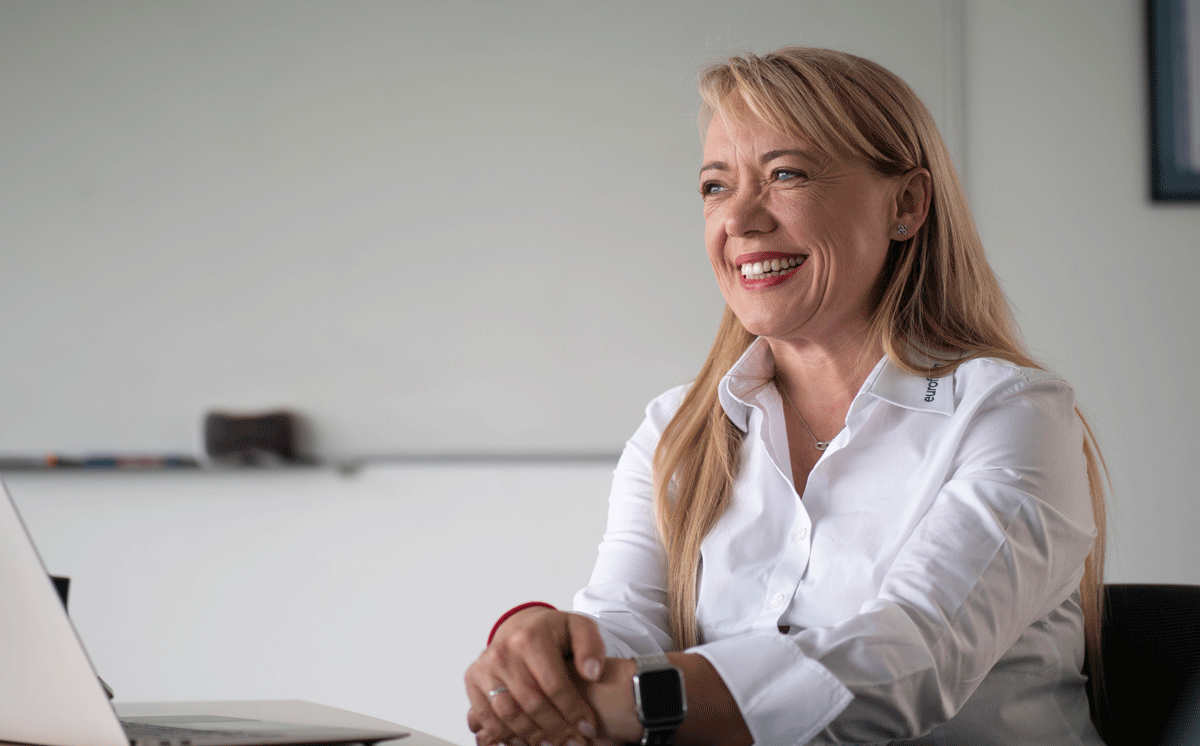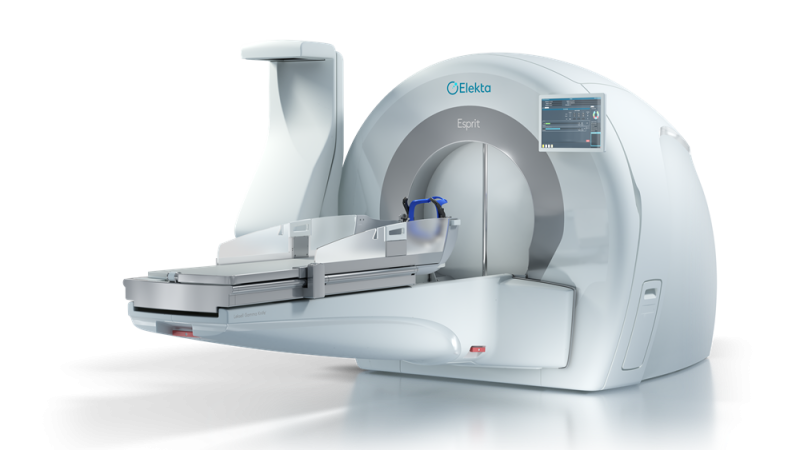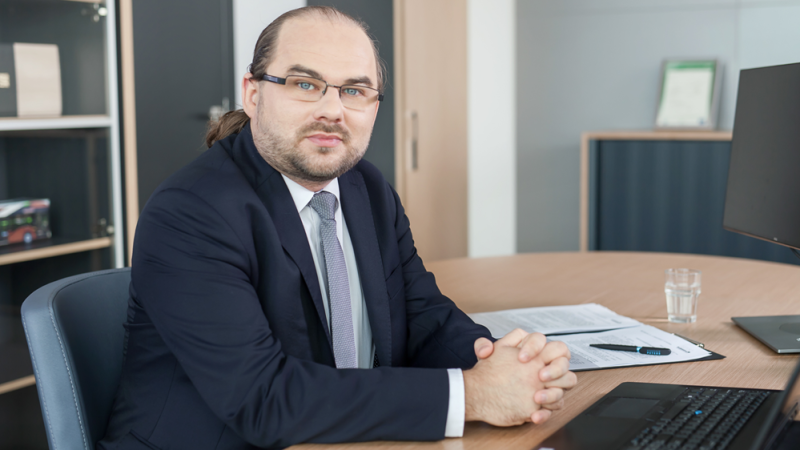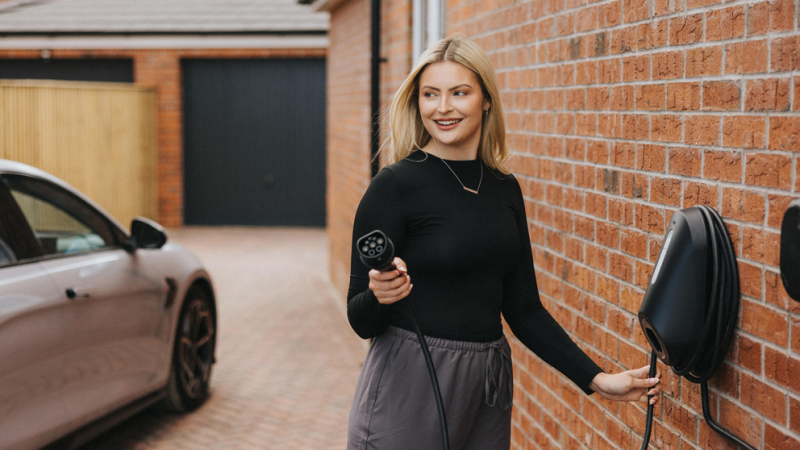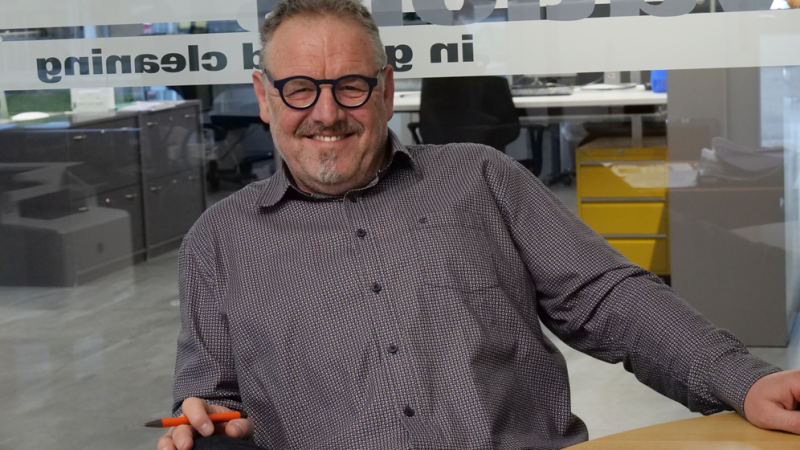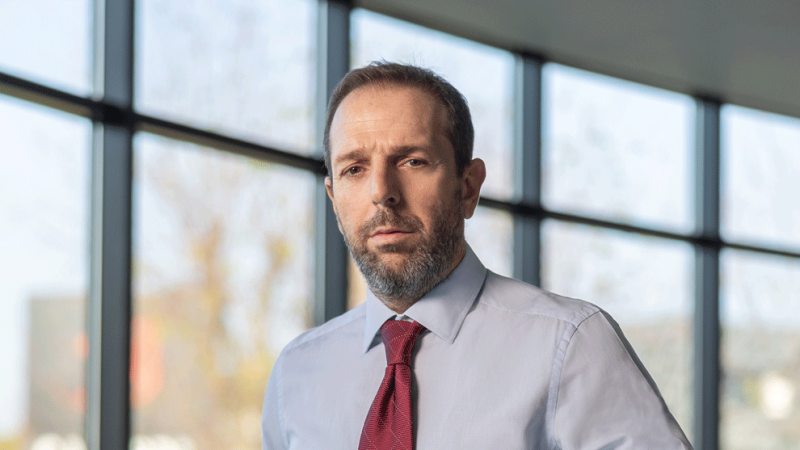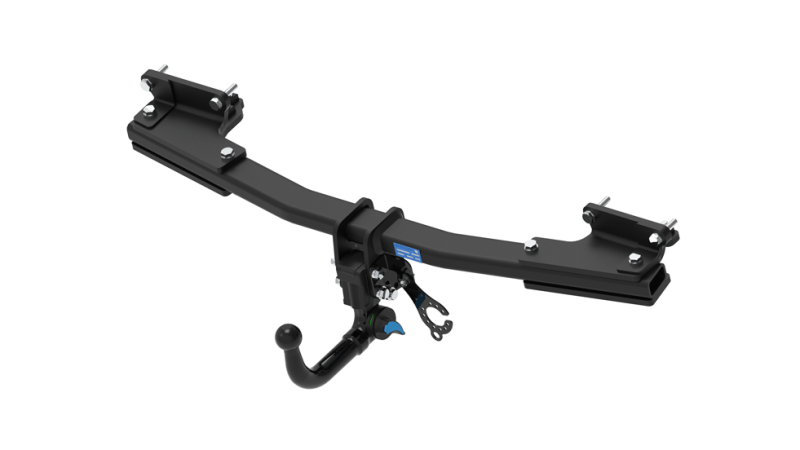Euroform is a familiar brand to numerous suppliers in the automotive industry. The company was founded in 1993 in Hungary, and since then has become a leading manufacturer and supplier of tools for plastic injection-moulded parts, serving customers in Germany, Austria, Switzerland, Czech Republic, Romania as well as Mexico.
Euroform designs and manufactures an average of 50 to 100 different moulding tools annually. Approximately 70 employees provide innovative solutions for a range of different injection moulding processes.
With a strong presence in a number of sectors, including home appliances, Euroform particularly thrives in the automotive industry, designing and manufacturing tools for the production of acoustic housings, air intake systems, pedals, glass enclosures, housing elements, chassis shock absorbers and bellows.
With injection moulds (which may weigh up to 25 tonnes) for automotive components including seat pans, engine covers and tanks, Euroform has made a name for itself throughout the entire automotive sector.
Euroform has always pursued the goal of manufacturing at the highest technical level, strongly supporting standardisation and automation – not an easy feat in injection mould-making with its predominantly individual production and processes.
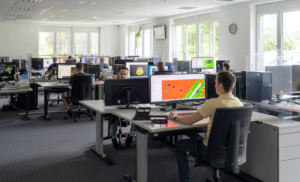 From design to shipment
From design to shipment
Euroform’s work begins in the early development phases of new vehicles – with the design, which is the very basis of fast and efficient tool production. The department has 10 professional CAD designers to develop tool concepts, designs, and feasibility analyses. Simulation analyses including mould filling; specification of thermal processes; and error calculations are used to deliver the most accurate design before producing the actual injection-moulding tools.
The tools are then produced on state-of-the-art machines, some of them are automated. At the end of the process, a special assembly team of professionals will finalise major complex projects, monitoring the process from the assembly of the tool up to optimisation and adjustments. In its injection-moulding lab the company tests the tool, developed, and manufactured down to the last detail to ensure that the tool optimally meets all the requirements set out for the process and in compliance with customer requirements.
As Euroform almost exclusively manufactures one-offs, close cooperation with customers is needed from the start of a project, and a project manager is always at hand to help with any technical and commercial matters during the course of the project. Consulting services range from product design in conformity with the plastic processing tool through mould charge and thermal process simulations to prototype production and measuring technology.
After-sales service is also provided, with Euroform’s team providing support to ensure smooth and efficient operation of its mould. As the company says: “Our common goal is to ensure optimum productivity, maximum precision and quality in injection-moulds – every day, over the long term.”
Trusted partners
To make its operations as efficient as possible, the company uses best-in-class technology and digitisation has been at the forefront for some time, as automated manufacturing and digital processes are essential in the current challenging and fast-developing marketplace.
In this respect Euroform relies on partnerships with leading companies in their fields, such as the Austrian company SHR, a recognised specialist in automation solutions, which provides support from project management to full process automation.
Euroform’s state-of-the-art technology include machining centres from DMG MORI for tool production as well as its PH Cell 2000 automation system for pallet handling to allow unattended production at night and during the weekends.
The company has also adopted the digital ‘my DMG MORI’ app to help handle online service requests, significantly accelerating the process of calling in a service technician. Operators set up jobs offline on several pallets using a zero-point clamping system while machining is in progress on another mould, so production downtime is minimal, even at night.
Another focus that accompanies business development at Euroform is digitisation. The company has had a paperless working environment for many years, from design through to quality control. To further improve its design processes, Euroform has partnered with Siemens, which supplied the company with the NX™ software. Euroform transitioned entirely to NX some ten years ago and continues to use it to create 3D designs and moulding simulations, and to perform drafting.
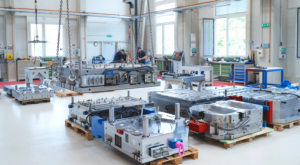 Stepping into a digital future
Stepping into a digital future
Euroform engages NX already in the bidding phase and continues its use throughout the product life cycle. For example, with NX, project leaders assess the models and drafts that are used to calculate the tool parameters and the required standard elements, in order to get bids to customers faster. After the bid phase, Euroform starts by designing the tool housing, shaping surfaces, and cooling systems based on the 3D models that it received from the customer.
Euroform uses graphIT, a Siemens Digital Industries Software partner, for ongoing NX training and technical support. Krisztina Zwick the Euroform COO, says: “We design a large number of tools, so we had to develop a unified knowledge base – containing crucial design standard information – that can be accessed by every engineer working at our company. The professional knowledge of graphIT was critical in helping us develop a unified knowledge base that is accessible to every engineer.”
“The design phase is of decisive importance in the production of plastic moulding tools, and that’s the reason why Euroform chose NX,” she says. Today, we can design a tool – depending on its complexity – in about two to four weeks, so we can serve our customers quickly. We have also increased our market share by 11%.
The company management is aware that in challenging times, continuous development is the way to remain competitive. Investment in first-class technologies will continue to guarantee that the company is ready to step into the future in robust shape.

